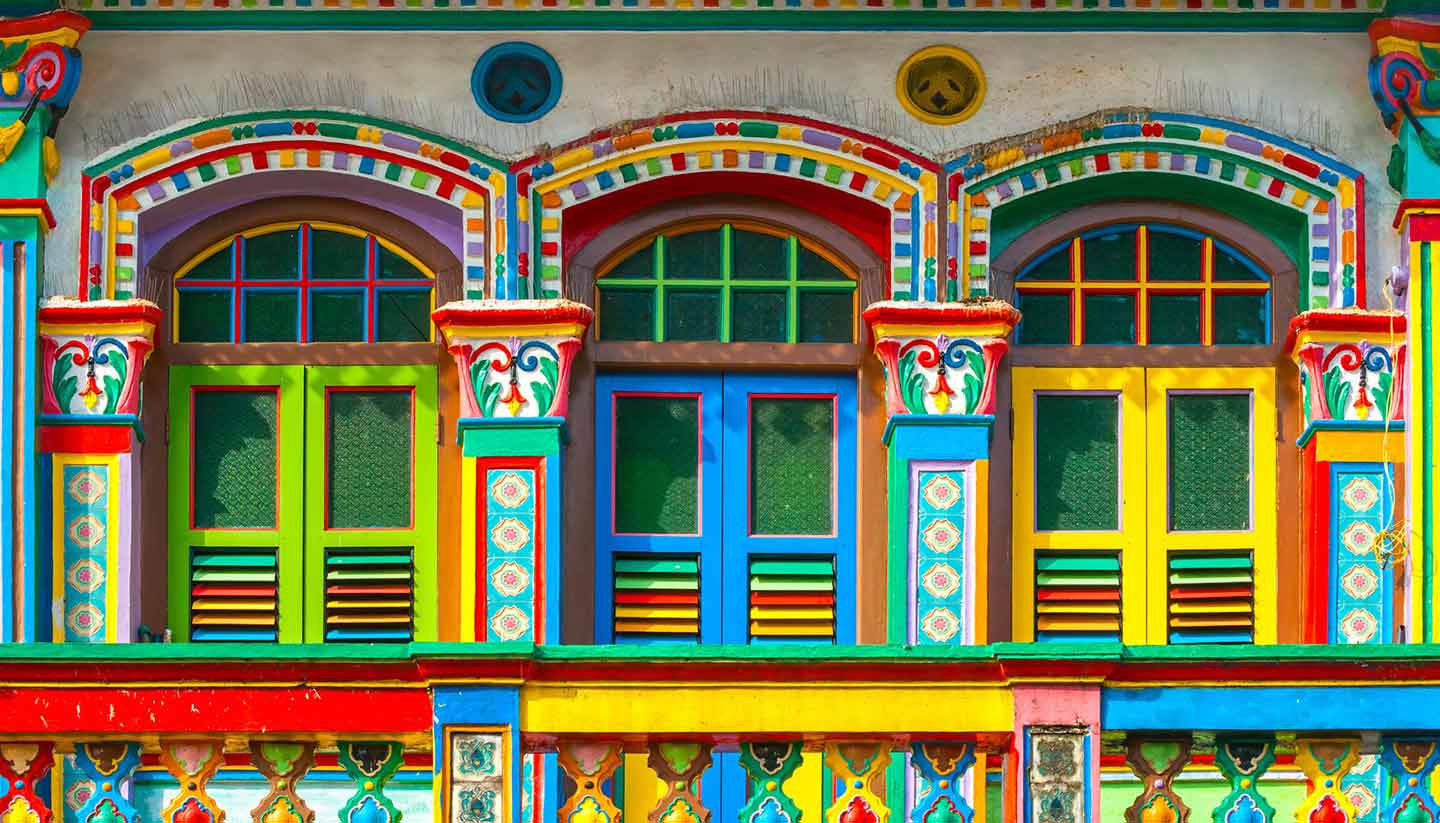Singapore: Doing business and staying in touch
Doing Business in Singapore
English is widely spoken in business circles. Appointments should be made and punctuality is important. Chinese people should be addressed with their surnames, which are the first part of their names. Malays normally use their personal name followed by bin (son of) or binti (daughter of) and then their father's name; common abbreviations include Mohd (Mohammed). Many Indians do not use surnames but instead place the initial of their father's name before their own.
English is the official language of business in Singapore and business is conducted very much on a Western model. However, Asian (and especially Chinese) business ethics often prevail. Business cards are exchanged on every social and business occasion and it is common courtesy to give or receive them with two hands (as with any piece of paper, including money).
Corporate entertaining is high on the agenda and long lunches are often taken, with lavish buffets a popular option. Smoking is prohibited in many places and is not always socially acceptable, so visitors should check before lighting up. Business dress is fairly formal, though a jacket is usually dispensed with apart from at official meetings. Women wear skirts or trouser suits. Some organisations have adopted casual Fridays, although only those departments with no client contact tend to take advantage of this.
Locals and expats alike work long hours; the official working day is roughly 0900-1700 but much longer hours are quite common. There are 11 public holidays a year, the most significant being the Chinese New Year which is in January or February. This is the only occasion when almost everything shuts down - locals spend time visiting their families and expats leave for a long weekend away. During other public holidays, like Christmas Day, banks and offices close but shops stay open.
Office Hours
Mon-Fri 0900-1300 and 1400-1700, Sat 0900-1300 if open.
Economy
The Singapore Model combines extensive state intervention in matters such as housing and labour with a strong free market ideology. Since the late 1970s, the government has promoted export-oriented and service industries with the intention of making Singapore a regional economic hub.
Today the country relies on entrepôt trade in particular, as well as shipbuilding and repairing, oil refining, electronics and information technology, banking and finance and, to a lesser extent, tourism. The country has weathered recent global economic conditions well and in 2016, Singapore came out second from the top of the World Bank Ease of Doing Business Index.
Singapore's only significant natural resource is its natural harbour, which is the busiest in the world. This accounts in part for the high level of Singapore's re-export trade, which accounts for almost half of all trade. There is a little agriculture, with the cultivation of plants and vegetables, and some fishing; however, most foodstuffs and raw materials have to be imported.
Singapore is the top convention city in Asia and ranks among the top 10 meetings destinations in the world. There are many hotels with extensive conference facilities, including the latest audio-visual equipment, secretarial services, translation and simultaneous interpretation systems, whilst Raffles City, a self-contained convention city, can accommodate up to 6,000 delegates under one roof. Other popular venues for larger conventions and exhibitions include Suntec Singapore and Singapore Expo.
Full information on Singapore as a conference destination can be obtained from the Exhibition & Convention Bureau within the Singapore Tourism Board. The bureau is a non-profitmaking organisation with the dual objectives of marketing Singapore as an international exhibition and convention city and of assisting with the planning and staging of individual events.
GDP
US$307 billion (2015 est.)
Main exports
Machinery and equipment, consumer goods, chemicals and mineral fuels.
Main imports
Machinery and equipment, mineral fuels, chemicals, food and consumer goods.
Main trading partners
China (PR), Hong Kong (SAR), Japan, Korea (Rep), Malaysia and USA.
Keeping in Touch in Singapore
Telephone
Public telephone booths take phone cards, and sometimes credit cards, and can be used to make both local and international calls. For the latter it is usually cheaper to purchase a pre-paid international calling card; these are readily available due to the large number of migrant workers in Singapore.
Mobile Phone
Roaming agreements exist with international mobile phone companies, although it's also cheap and easy to buy a local SIM card (passports must be shown when making the purchase). Coverage is good.
Internet
Internet cafes throughout Singapore provide public access to internet and email services. Most hotels and hostels offer Internet access, but there is also a free city-wide Wi-Fi service called Wireless@SG. Visitors can register either online or by telephone.
Media
Singapore's media environment has the shadow of Singaporean government cast over it. Censorship is common; Internet access is regulated; and private ownership of satellite dishes is not allowed (although cable TV is available). Singapore Press Holdings, with close links to the ruling party, has a virtual monopoly of the newspaper industry. The English-language dailies include The Business Times, The New Paper, The Straits Times and Today.
Post
The postal system is very efficient, and airmail takes up to six working days to the UK and eight working days to the US. In addition to Singapore Post offices, there are limited postal facilities at many hotels.
Post Office hoursVaries but typically Mon-Fri 0830-1700, Sat 0830-1300. The airport branches are open longer hours (daily 0800–2130 in the departure hall, 0600–1030 in terminal 2 transit).


